All construction sites are required to have some form of permit.
Construction activities (i.e., land disturbing activities) are governed at the federal, state, and local levels. Below is a brief primer of the laws and permits that are relevant to Get the Dirt Out.
Laws
Federal Clean Water Act
The Federal Water Pollution Control Act, commonly known as the Clean Water Act (CWA), is the basic federal law for controlling water pollution in the United States. The CWA prohibits the discharge of any pollutants into “waters of the United States” unless the discharger has a permit. Even if the discharger has a permit, there are a strict set of standards that are used in writing the permits to protect water quality that the discharger must follow.
The CWA regulates discharges from factories and municipal wastewater treatment plants, and stormwater dischargers from industrial sites, municipal storm sewer systems and construction sites. All wastewater and stormwater discharges are regulated through the National Pollutant Discharge Elimination System, which is a national permitting system created under the CWA to regulate the release of pollution to surface waters.
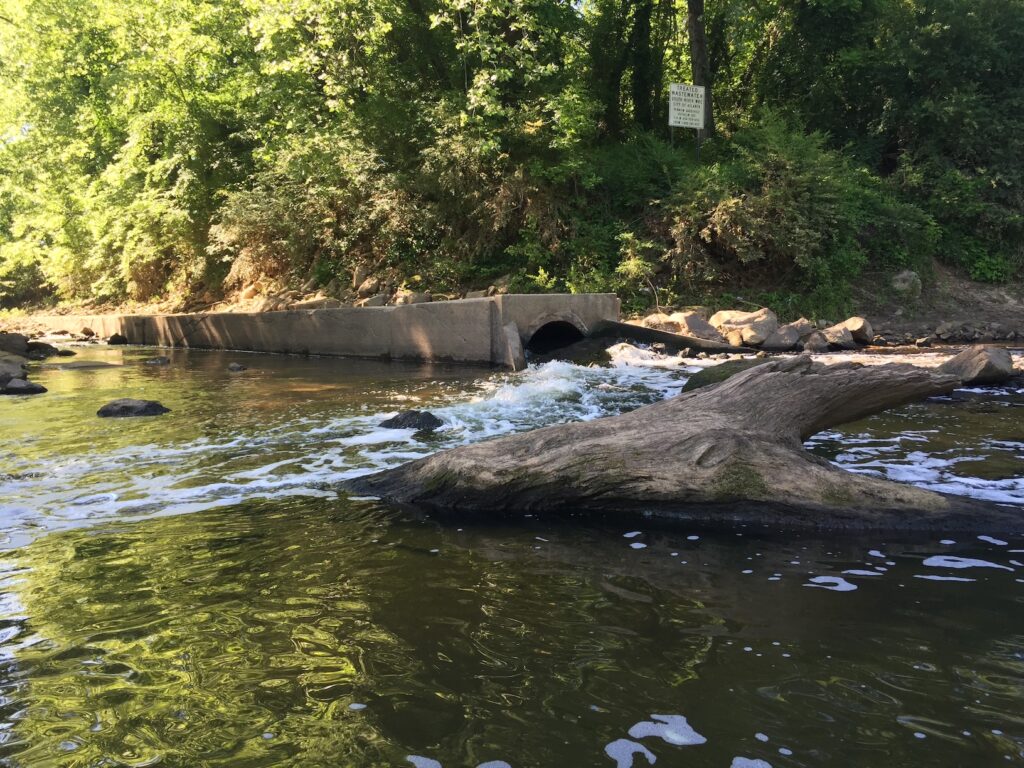
Georgia Erosion and Sediment Control Act (E&S Act)
The E&S Act is the statewide law that establishes and implements a comprehensive soil erosion and sedimentation control program for construction activities in Georgia. The E&S Act includes the mandates that are in the federal Clean Water Act related to construction stormwater as state law. The E&S Act authorizes the Georgia Environmental Protection Division (EPD) to create a permitting program for construction activities (see more on permits below), and requirements for construction sites managers to be trained in stormwater pollution prevention. The E&S Act also limits disturbance in the buffer adjacent to a state waterway.
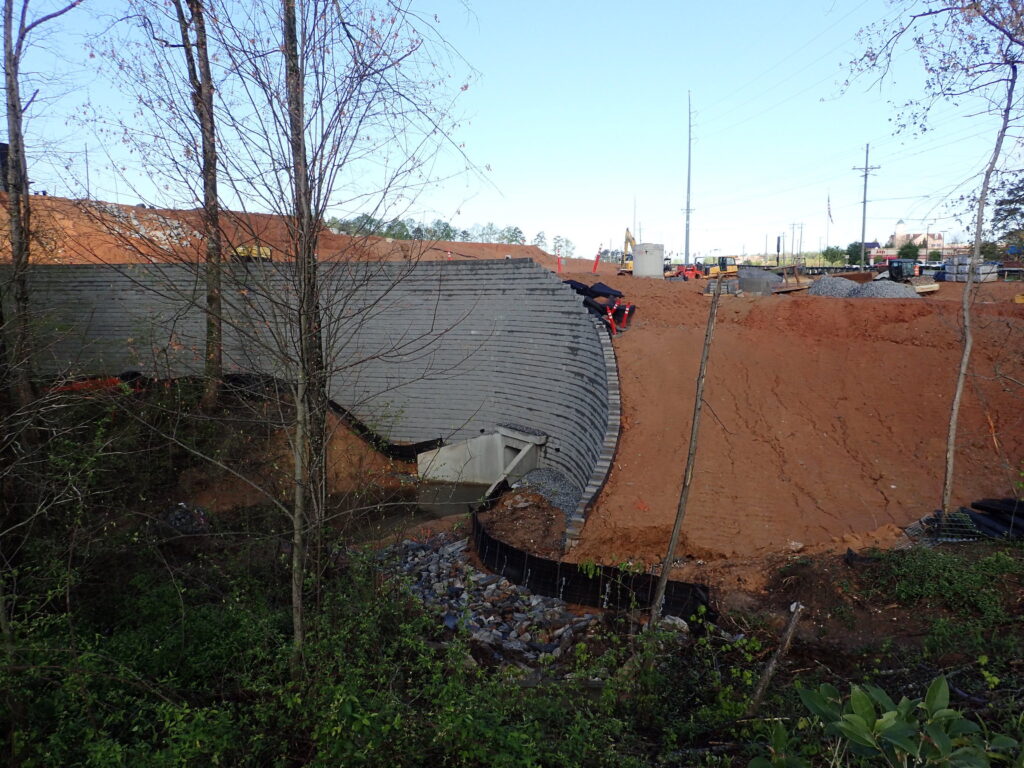
Local Ordinances
A city or county has the option to adopt a local Erosion and Sedimentation ordinance. The ordinance must incorporate requirements of the Georgia E&S Act, but can have more stringent requirements on buffers and project site size than the state E&S Act.
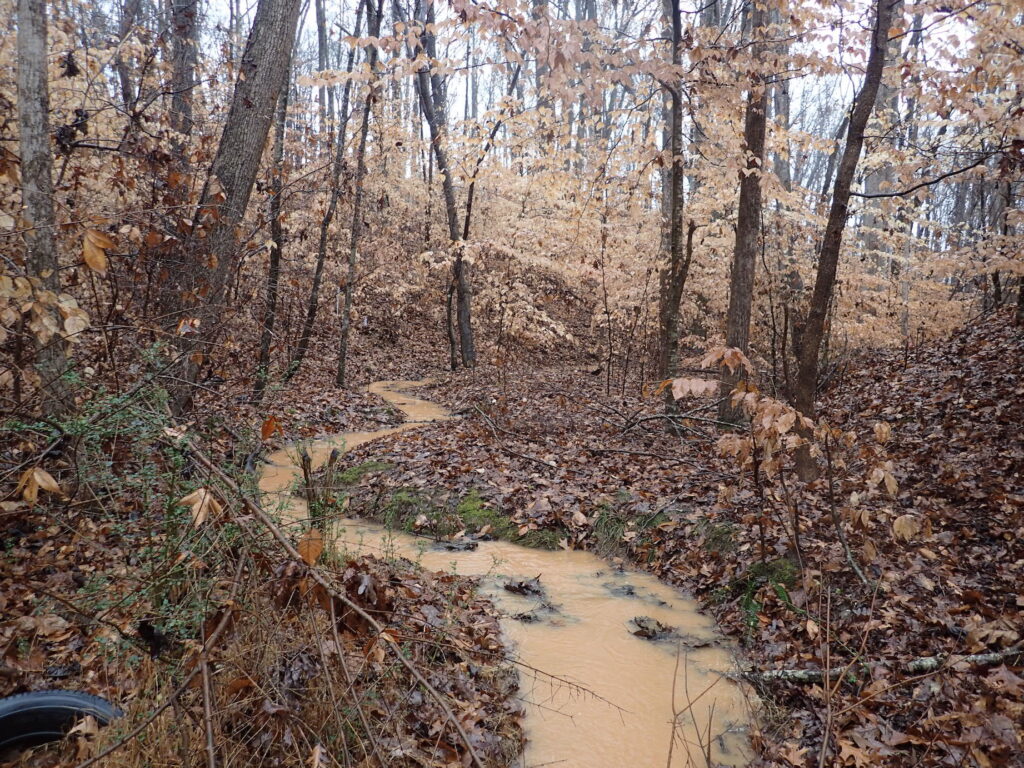
Permits
The laws include the framework and the legal justification for permitting of construction activity, but the permits contain the specific requirements that developers of construction sites must follow to protect water quality.
NPDES General Permits for Construction Activity
Stormwater discharges associated with construction activities including clearing, grading, and excavation of at least one acre require a NPDES construction stormwater discharge permit. In Georgia, construction stormwater discharges are regulated by the “Georgia Environmental Protection Division Authorization to Discharge under the NPDES, Storm Water Discharges Associated with Construction Activity.”
The General Permit specifies that best management practices (BMPs) to prevent or reduce pollution must be properly implemented for all construction activities. Where BMPs have not been properly designed, installed, and maintained, it is a violation of the General Permit for each day that those BMPs are not properly designed, installed, or maintained. It is also a violation if the discharges from the construction site increase the turbidity in the receiving waterway by more than 25 nephelometric turbidity units (NTUs) measured using a turbidity meter. The General Permit also requires monitoring and reporting of any discharge events.
To obtain coverage under the permit, a developer must submit at Notice of Intent (NOI) to Georgia EPD at least fourteen days before beginning any construction activities. The developer assumes the liability for any violations of the permit until construction activities have ceased, the site is completely stabilized, and a Notice of Termination (NOT) is submitted to Georgia EPD.
Local Land Disturbance Permits
If the construction activity is occurring within a city or county that is a Local Issuing Authority, they will have a local land disturbance permit in addition to an NPDES permit. Also, if a site is less than one acre and is therefore not regulated under the Georgia NPDES General Permit for Construction Activity, the developer has to have a local land disturbance permit.
Agencies Responsible
The United States Environmental Protection Agency (EPA) is charged with the overall administration of the Clean Water Act. In Georgia as in many other states, permitting authority has been delegated to the state by the EPA. Specifically, the Georgia Environmental Protection Division (EPD), a division of the Department of Natural Resources, is the agency charged with issuing permits to industries and municipalities.
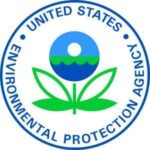
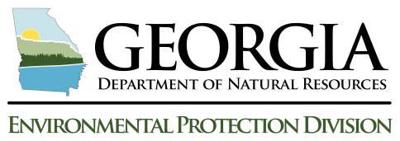
If a city or county in the state of Georgia has their own Erosion and Sedimentation ordinance, Georgia EPD will certify the city or county as a Local Issuing Authority (LIA) and give the LIA the authority to approve or deny construction activity through a their land disturbance permit. The LIA reviews Erosion Sediment and Pollution Control (ES&PC) plans, conducts construction site inspections, conducts enforcement, and handles citizen complaints under their ordinance.
Learn how to help identify problems by knowing what to look for.
Learn what to do and whom to contact if you find a problem site.
